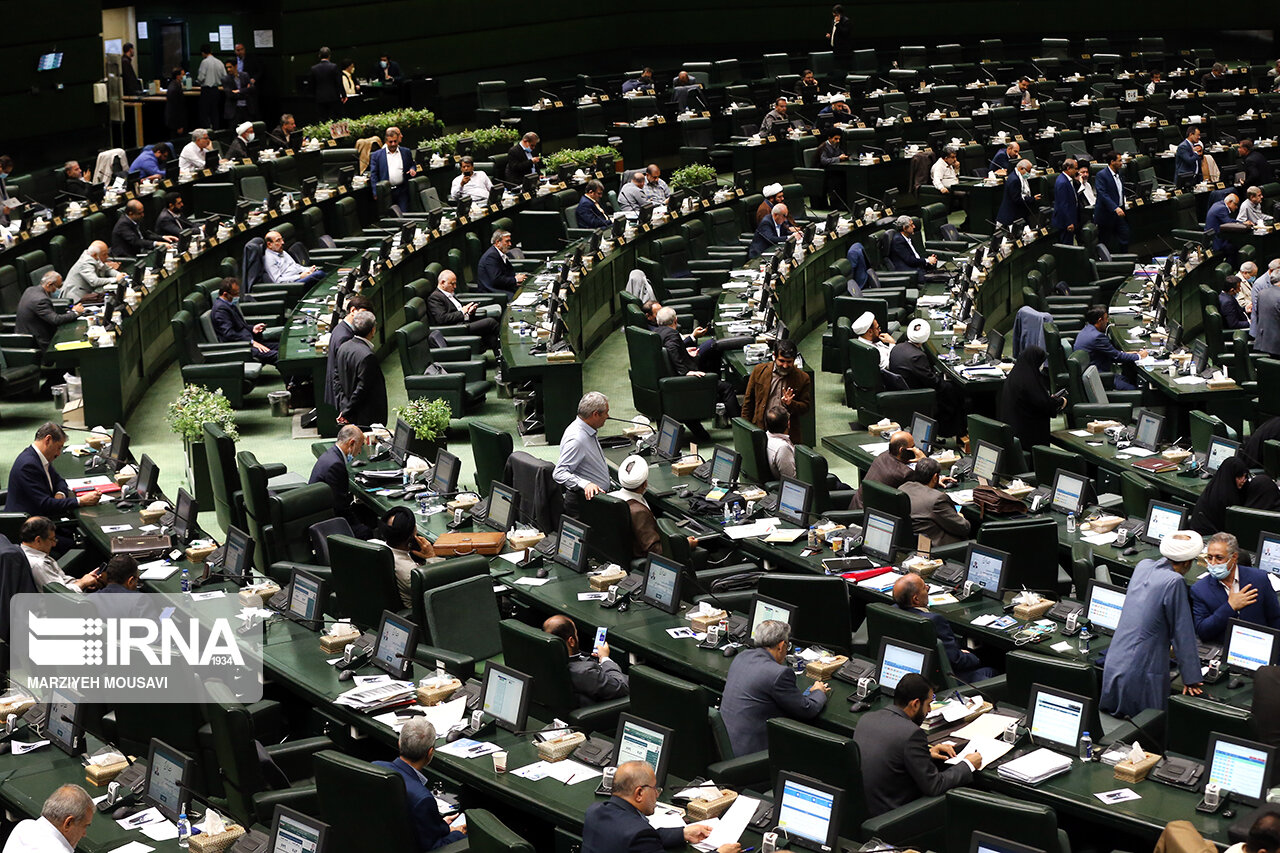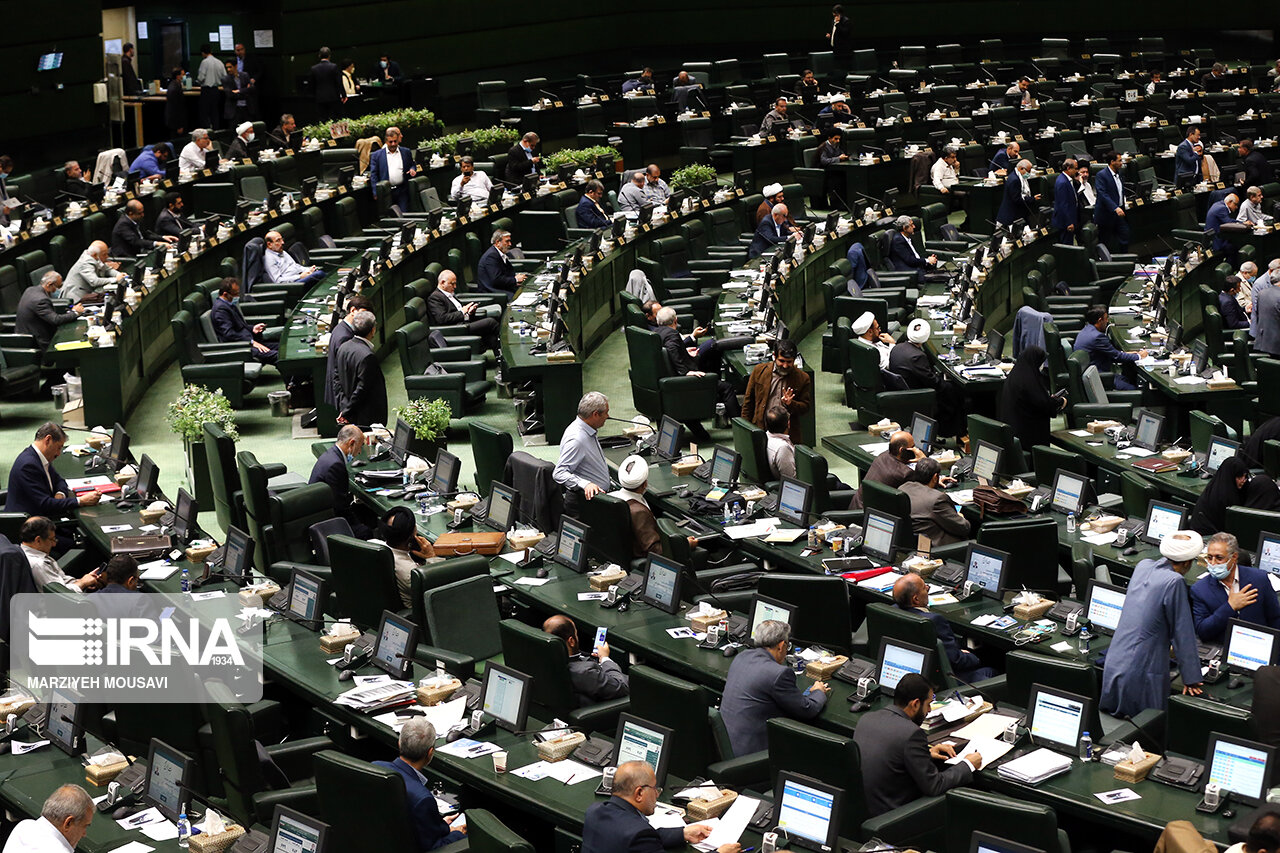

According to IRNA's parliamentary reporter, in the public meeting today - Tuesday, August 11 - the Islamic Council of Ministers reported the report of the Health and Treatment Commission on the review of the performance of the Ministry of Health, Treatment and Medical Education in the implementation of the "Darwar Project" in the presence of the Minister of Health, Bahram Ainullahi. Was investigated.
Zahra Sheikhi, the spokesperson of the Health Commission, in presenting the report of her respective commission and in introducing Darvar's plan, stated: Based on the fifth paragraph and the second part of the seventh paragraph of the general health policies (Communication of the Supreme Leader), efficient policy making and monitoring of production, consumption and the import of medicine as well as the management of health resources through the insurance system centered on the Ministry of Health, treatment and medical education are among the tasks of the government. Also, according to paragraph (Q) of note (1) of the budget law of 1401: "If the government intends to remove a product from the preferential currency basket, it must first make legal arrangements to compensate for the loss of consumer welfare for basic goods through the electronic goods list and medical matters from through insurances and reliable alternative methods, so that people can purchase these goods and services at the end of September price (1400) and within the set quota limit. Based on this, "Darwar Plan" has been implemented by the government since 23/04/1401.
Sheikhi stated: In this plan, the allocation of preferential currency has been transferred from the beginning of the health chain, i.e., importers and producers, to the end of the chain, and it has been allocated to the final consumer through insurances, and as a result, in accordance with the mandate of the budget law of 1401, out-of-pocket payment People will remain unchanged.
He added: Due to the removal of the government subsidy in the first stage of the implementation of the plan, domestically produced drugs have been subject to price increases, and the price of basic insurance obligations has been revised accordingly at the same time and in accordance with the announcement of the new prices. Therefore, after the currency reform Preferably, in the form of Darvar plan, the share paid by insurances will increase from the current 30% to 70%, and the share paid by the patient will decrease from the current 70% to 30%.
Referring to the increase in the number of drugs covered by insurance, the spokesperson of the health commission stated: the amount of insurance coverage for over-the-counter (OTC) drugs increased from zero to (119) and the number of drugs covered by insurance increased from (2,500) to (2,866) found. In the first phase of implementation of the Darvar project, the price of imported drugs, including special, rare and incurable imported drugs, did not increase and preferential currency allocation continued.
In the continuation of the report of the health commission on Daruvar plan was read, based on this report, it was announced that the health commission agreed with the reform of currency policies in the field of medicine and its implementation in the form of plans like "Darvar plan" is an inevitable necessity for the country. knows
The full text of this report Here read.
Source https://www.globalcourant.com/parliaments-agreement-to-reform-foreign-exchange-policies-in-the-field-of-pharmaceuticals-implementation-of-darvar-plan-is-an-inevitable-necessity/?feed_id=5483&_unique_id=62e8c09f23986

Post a Comment